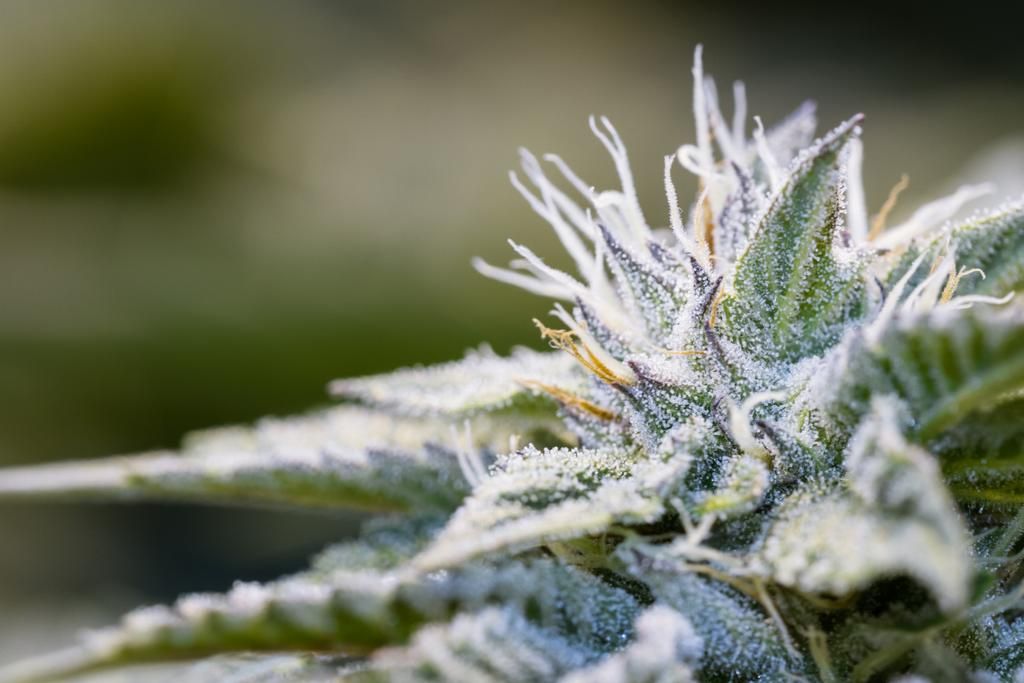Lawmakers in Ohio are considering significant changes to the state’s voter-approved marijuana law, sparking pushback from advocates and concerns over efforts to override the will of the people.

The House Judiciary Committee held a hearing today on Senate Bill 56, a proposal that would alter multiple provisions of the legalization initiative that was passed by voters in 2023. Over 40 individuals testified during the hearing, with the vast majority opposing the bill.
SB 56, which already passed the Senate in February, would prohibit smoking, vaping, or combusting marijuana in any location outside of a private residence, with the exception of designated areas at outdoor concert venues. The bill also aims to reduce allowable THC limits, restrict how marijuana can be transported in vehicles, and redirect marijuana tax revenue.
The measure would eliminate funding earmarked for social equity and job programs, instead sending the 10% excise tax on marijuana sales to the state’s general operating fund. Beginning in fiscal year 2026, 25% of tax revenue would be shared with municipalities and townships hosting licensed marijuana dispensaries—but only for seven years.
Rick Carfagna, Senior Vice President for Government Affairs at the Ohio Chamber of Commerce, voiced support for the bill’s restrictions on public consumption. “We want to make sure that we are allowing [businesses] to ban the public use of cannabis on their premises,” he said, noting the importance of protecting private property rights and employers.
But others, including medical marijuana patients, argued the bill goes too far. “This is something that will hurt people who are really sick, people who have cancer, and other serious conditions like myself,” said Anthony Riley, founder of Ohio Cannabis Live. “I was able to reduce my need for opiate medication by using medical cannabis.”
Gary Daniels, chief lobbyist for the ACLU of Ohio, criticized lawmakers for undermining the purpose of Issue 2.
“Ohioans overwhelmingly approved the legalization of marijuana a couple years ago”, said Daniels. “What they were not looking for is a bunch of additional and unnecessary restrictions relating to their ability to enjoy the results of Issue 2, but that’s exactly what we’ve been seeing from the legislature.”
No vote was taken during Wednesday’s hearing, and committee members indicated more changes to the bill are still in the works.
House Speaker Matt Huffman says he remains committed to passing marijuana-related legislation before the end of June.








